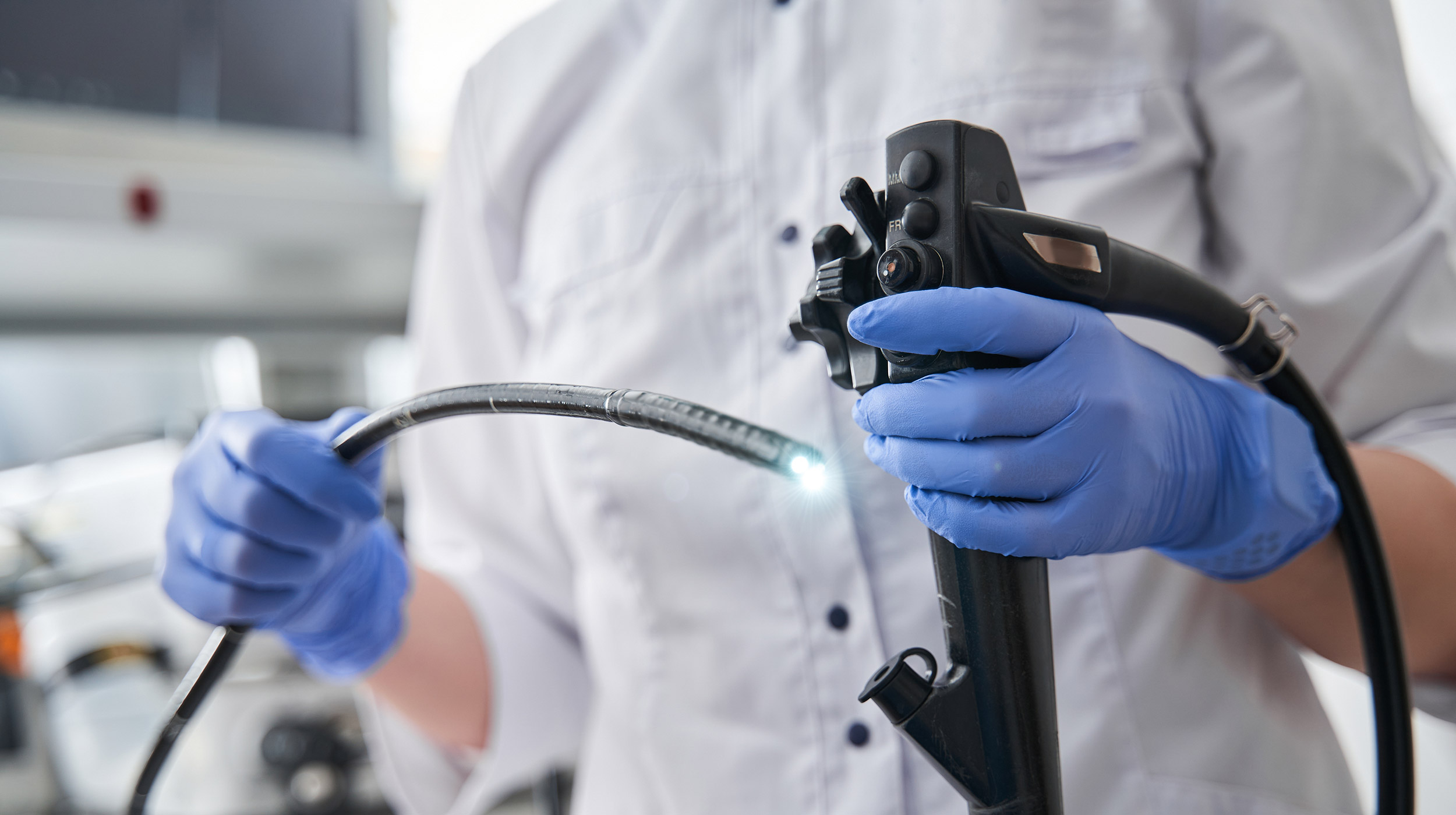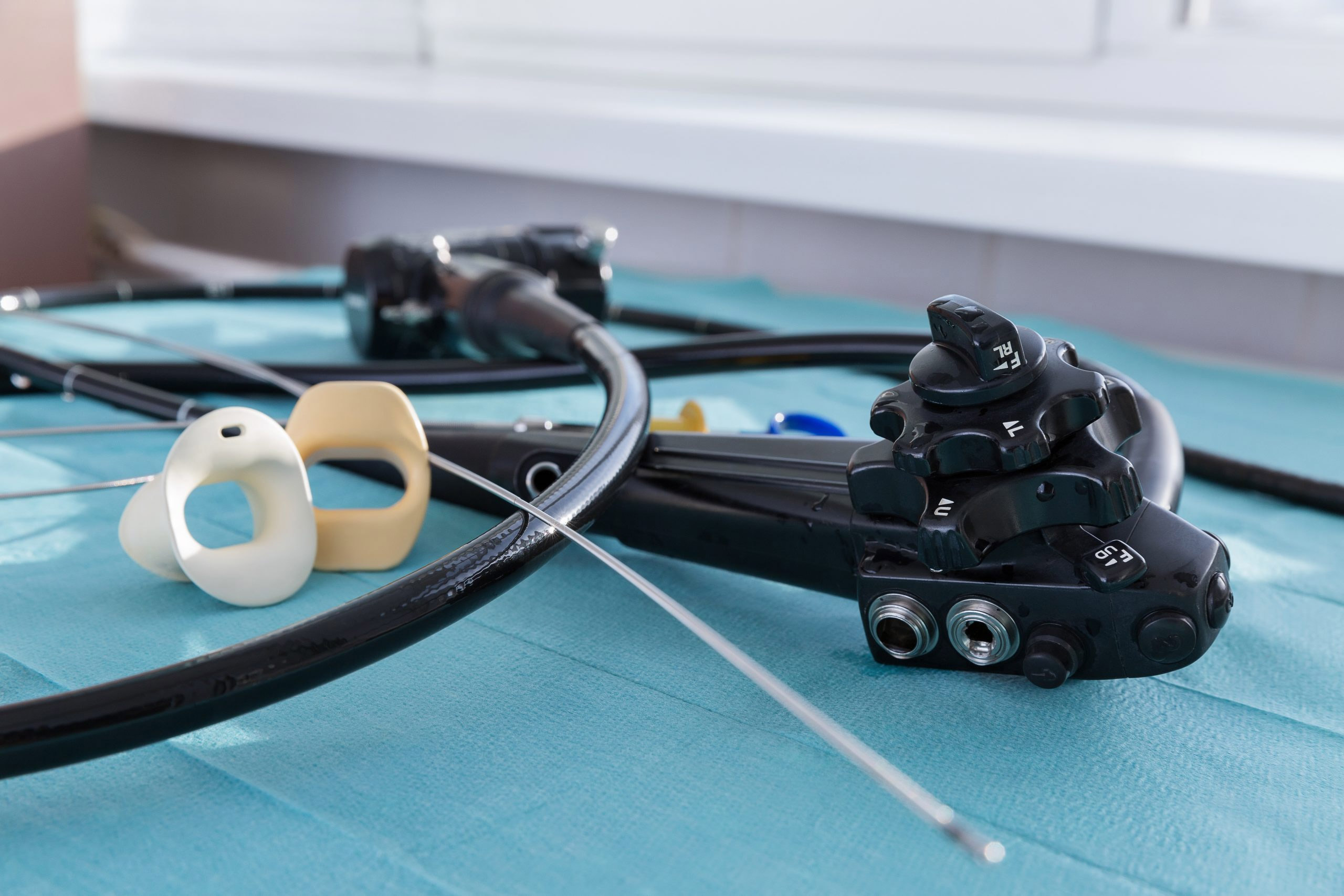
Flexible cystoscopy procedures are sometimes canceled when a pre-cystoscopy urinalysis (PCU) suggests an infection is present even when the patient is asymptomatic.
But a recent study out of the United Kingdom found the risk of urinary tract infection (UTI) is “clinically low and acceptable” with no risk of urinary sepsis when flexible cystoscopy (FC) is performed in asymptomatic patients, even when a PCU shows they are positive for an infection.
“Routine cancellation of these patients is unnecessary and may worsen the burden on health service resources,” the study’s authors write.
Canceling flexible cystoscopy in an asymptomatic patient “might delay a time-sensitive crucial diagnosis,” they add. Optimizing resources and services is of the utmost importance during the unprecedented demand and financial burden the COVID-19 pandemic has thrust onto the health care system, according to the authors.
No patients with a positive PCU developed urinary sepsis, while 6.8 percent of all patients who underwent flexible cystoscopy during the course of the study developed a UTI. This risk of infection is similar to some existing literature and lower than rates found in other studies. Only 2.6 percent of those with UTI had culture-proven infections.
The study’s objective was to evaluate the risk of UTI or urinary sepsis when the procedure was performed in these patients at a high-volume center in Edinburgh. Post-cystoscopy UTI was defined as hospital admission with UTI or urinary sepsis, or if patients were symptomatic for UTI with receipt of antibiotics or with positive urine culture and sensitivity.
“From our real-world experience including over 2,000 patients, we observed a low and clinically acceptable risk of UTI — with no incidence of sepsis — when FC was performed in asymptomatic patients, with urinalysis suggesting the presence of ‘infection,’” the authors write. “Before protocol introduction, FC would have been cancelled in all patients with ‘infection’ on a PCU.”


